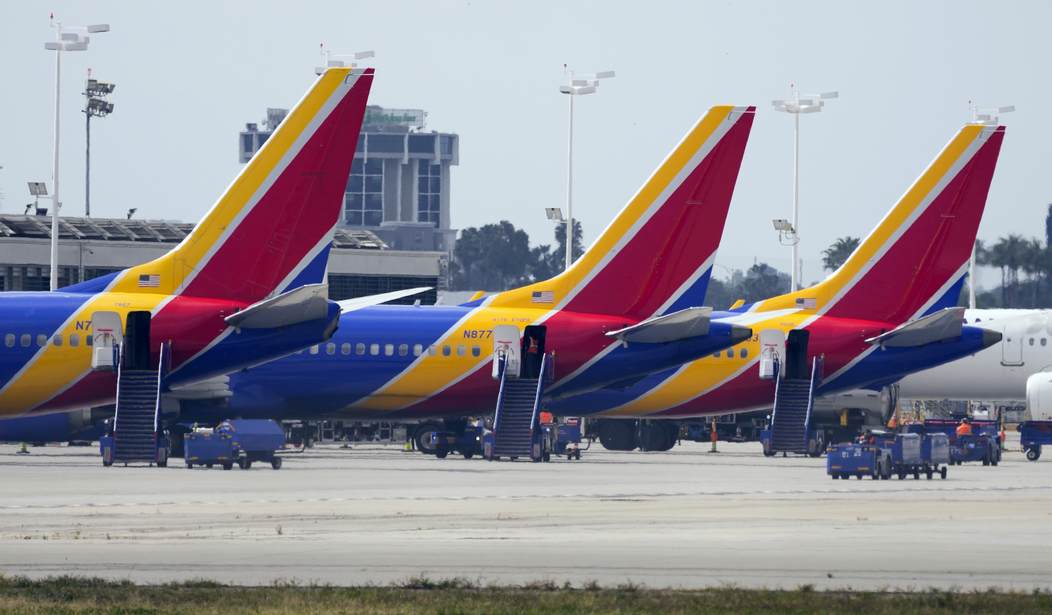With the 4th of July weekend upon us, many of you are probably traveling to see family and friends. Some of you may already be reading this at an airport while hoping that your flight makes it out on schedule. But here’s something to keep in mind as you take to the air. In January of last year, we discussed the potential “catastrophic aviation crisis” that the airlines were warning us about as providers prepared to roll out their new 5G systems. That crisis didn’t come to pass, in part because the telecom companies agreed to dampen the 5G signals near airports to allow them time to upgrade their planes. Well, guess what. That time ran out today and the 5G towers are going up to full power. But don’t be too worried. I’m sure everything will be just fine. (Associated Press)
Airline passengers who have endured tens of thousands of weather-related flight delays this week could face a new source of disruptions starting Saturday, when wireless providers are expected to power up new 5G systems near major airports.
Aviation groups have warned for years that 5G signals could interfere with aircraft equipment, especially devices using radio waves to measure distance above the ground and which are critical when planes land in low visibility.
Predictions that interference would cause massive flight groundings failed to come true last year, when telecom companies began rolling out the new service. They then agreed to limit the power of the signals around busy airports, giving airlines an extra year to upgrade their planes.
All kidding aside, most of you should be just fine with a few possible exceptions. As we discussed last year, the issue in question is caused by the radar altimeters that commercial aircraft (and all planes, really) use. The altimeter tells the pilots and the plane’s automated systems precisely how far above the ground they are. And that’s some pretty important information to have, particularly when trying to land in bad weather and low visibility conditions. Thanks to the Canadian wildfires, we have lots of visibility issues this weekend.
Older altimeters could be affected by 5G because they operate in frequency bands that are quite close together. If the 5G interferes with the system, the older altimeters could produce incorrect readings or shut down entirely. The good news is that the airlines have used the past 18 months to replace most of the older altimeters with more modern models that are immune to the effects of 5G. The bad news is that I said “most” of them.
American, Southwest, Alaska, Frontier, and United have told the FAA that all of their planes have the new equipment and should be fine. But Delta Air Lines said that they still have 190 planes that haven’t been upgraded. It wasn’t for a lack of effort, but because the manufacturer of the new altimeters was overwhelmed last year and they are still on back-order. The affected planes include all of Delta’s A220s, most of its A319s and A320s and some of its A321s. These are the smaller planes that primarily serve regional airports.
If you’re on a Delta flight this week on one of those planes and the weather is good enough for a visual landing, you should still be okay. And in some cases, the equipment might not even fail when exposed to 5G. A lot of questions remain about that. But if you’re having second thoughts, you might try rebooking your flight to use a different airline. I would have suggested you consider taking a train instead, but with Pete Buttigieg running the Department of Transportation, perhaps that’s such a great idea either.








Join the conversation as a VIP Member